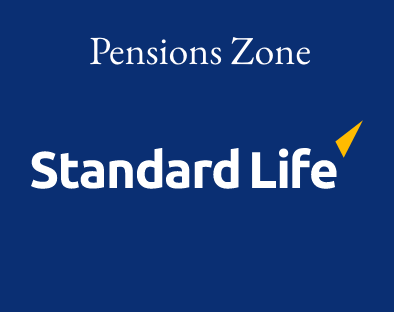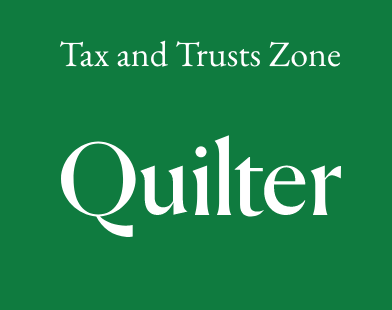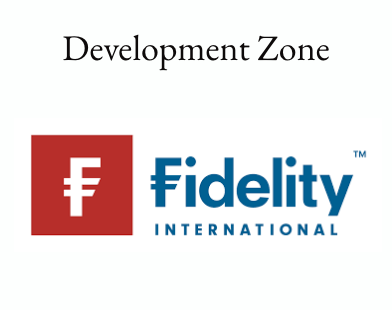Paraplanner Raveen Uppal considers whether it would improve paraplanning if attending client meetings were to be mandatory.
As a paraplanner with over 5 years’ experience across different firms there is a range of opinion on paraplanners attending client meetings. For some, it is not an option, for others, it is capacity dependent, and for the rest, it may form part of their job description. For the majority of my career, it has definitely not been mandatory. However based on the handful of client meetings that I have been able to attend, I have found the following:
1. You see clients as real people with real financial goals (just like us). This may sound silly but as paraplanners, a lot of your day-to-day is spent behind the computer screen and you learn about a client solely through meeting notes written by an adviser that you try to bring to life through your reports. Writing reports can at times feel transactional however, seeing a client in the flesh adds a new dimension to work and allows you to better understand what really matters to a client, their circumstances, beliefs and objectives. We end up relying on notes taken by our advisers which may be limited as they are trying to balance this with the engagement of the client. Therefore by attending client meetings, paraplanners are able to take down more KYC, supporting the adviser to ensure a productive client experience
2. By attending client meetings, paraplanners are able to take down more KYC supporting the quality as well as the efficiency of the advice for clients. Paraplanners can be more efficient when it comes to writing the reports as opposed to interpreting meeting notes. In turn, this will free up their overall capacity. In addition to this, I remember being at a client meeting and feeling the urgency first-hand of meeting their deadline. As soon as I left the meeting, I prioritised this. It is sometimes difficult to get across the importance of meeting a deadline through meeting notes provided by the adviser.
3. It allows for better exposure, particularly for paraplanners who aspire to move into the advising role. Our profession is not always the best when it comes to the transition of Paraplanning to Advising. Through observing a client meeting, paraplanners are able to pick up on different advising styles as well as the different types of clients and client scenarios they may need to advise on. I believe that as much as clients choose us, we need to tailor our approach to the unique needs of the client (both functional and emotional), and this acts as good stepping stone for paraplanners who are looking to advise. In essence, paraplanners are able to build on soft skills that they would not get introduced to otherwise. Plus be able to buildtheir confidence and get to a point where they are comfortable with asking and answering client questions when faced with client facing scenarios.
4. Trust is important. It is important to put a face to a name especially for clients. I usually interact with the clients via email whether that is sending reports, forms or giving them updates following their advice. By attending client meetings, this increases the clients trust in the team and reinforces to the client that they are supported and in good hands. This also enables clients to comfortably contact paraplanners, which will help them build upconfidence, when the adviser is unavailable.
I remember the first time I attended a client meeting and I felt energised by the experience. I can tell you that the feeling I have today is no different. It gives me continued purpose by meeting these names, in person. For me there is great satisfaction in seeing how a clients journey plays out from start to finish. From the initial client meeting down to the client signing, it feels like a full circle moment from the sidelines. When you get to know a client and their situation, as if they are a friend, it is rewarding to see them through their financial journey.
I would encourage all paraplanners to meet clients when it’s possible; and this insight can help support the next steps in your career, Although time is restricted in our roles, all in all, I believe that we will be increasing our efficiency and reducing the back and forth with our advisers through attending client meetings on a more regular and prioritised basis.
It is up to paraplanners to show a willingness to attend client meetings. I have truly learnt the importance and rewards of vocalising your career interests. Make your passions known, not just with your manager in your 1-2-1s but amongst your team and throughout the company. Ensure that you are able to add value to the advice process (whether that is through client relations or through your work) before, during and after a client meeting takes place.
Main image: linkedin-sales-solutions-Mis5fyJi7Q0-unsplash
































